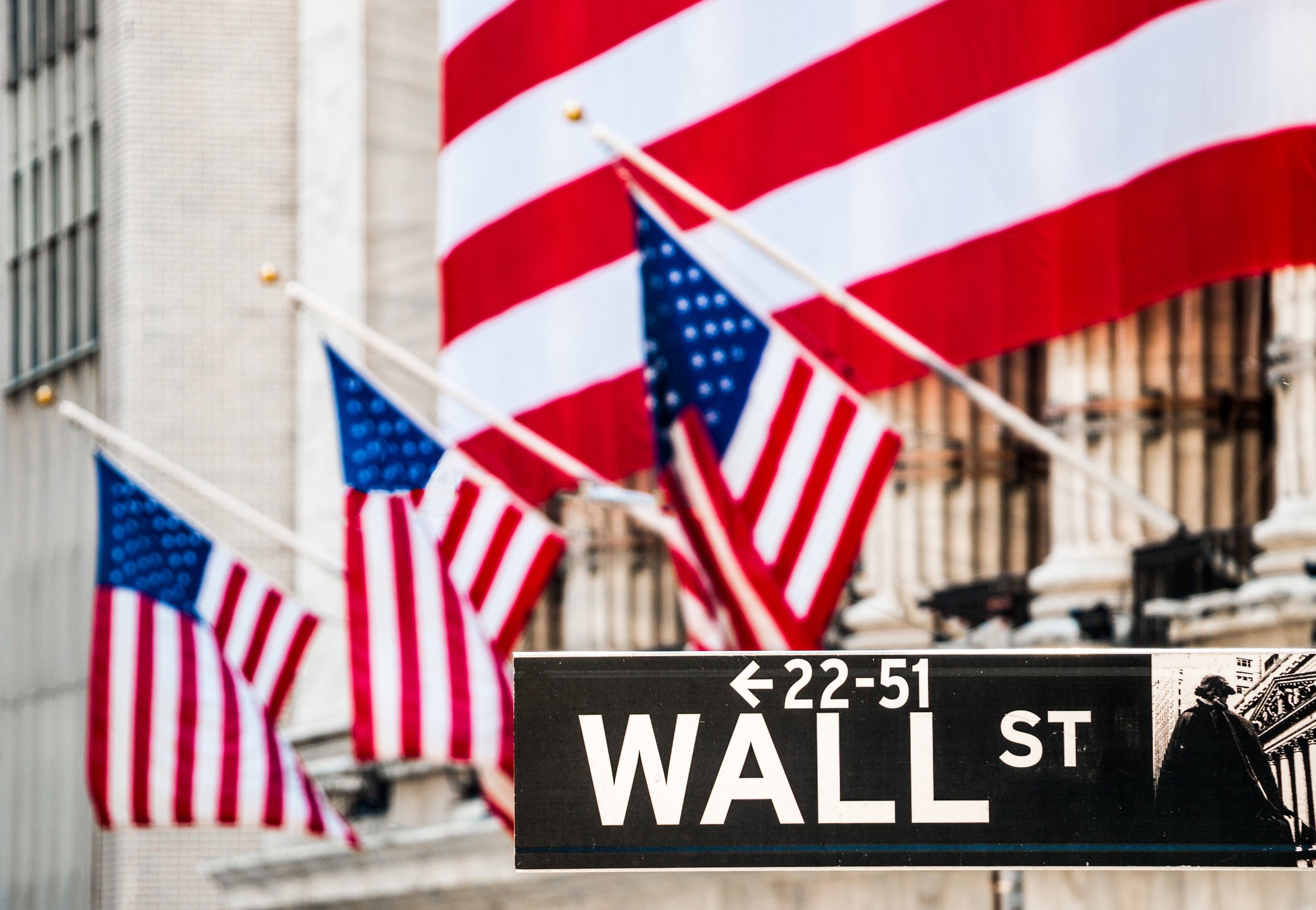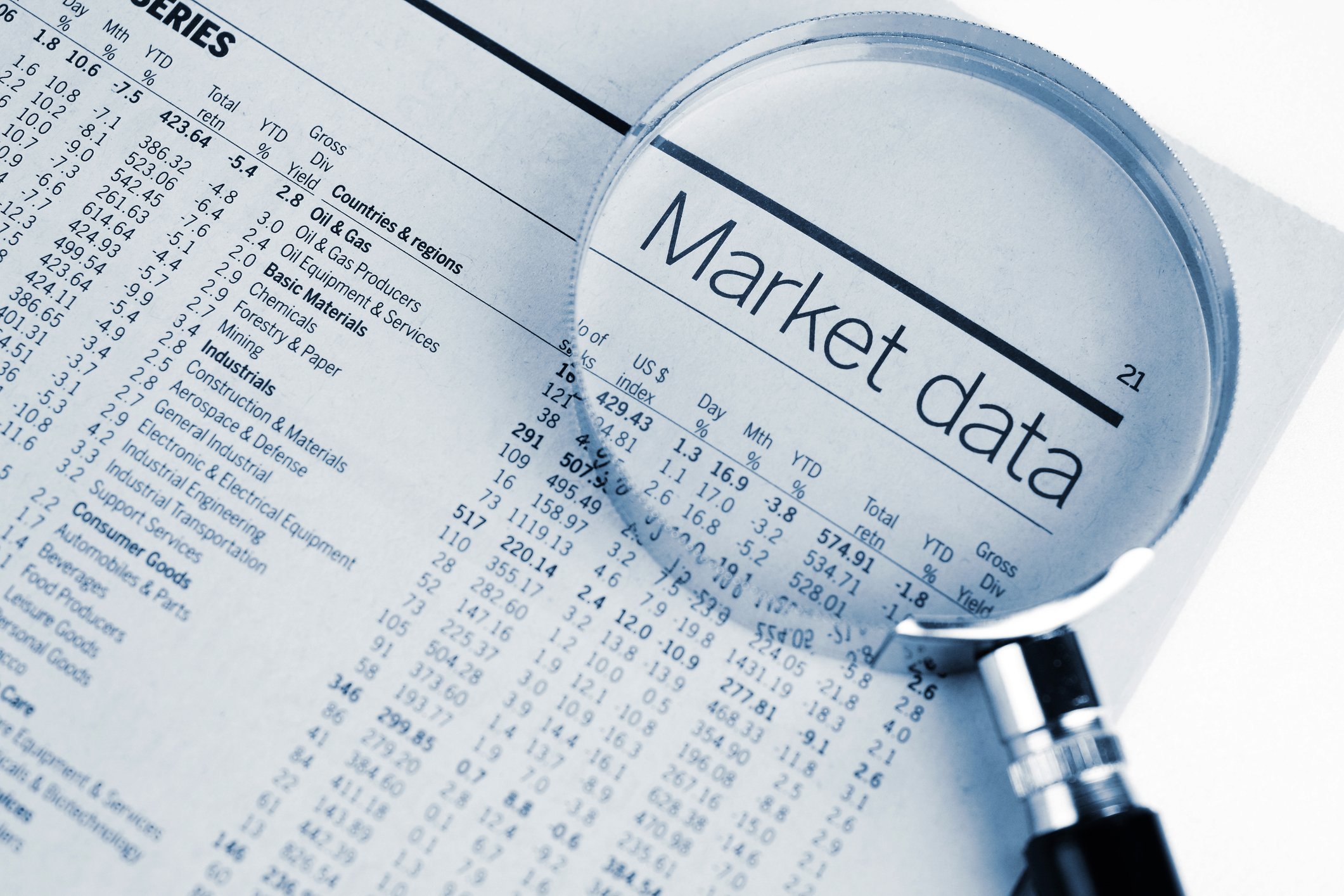
Federal Reserve, Washington. Source: Wikimedia Commons.
After two days of declines, the markets are rather flat today. The Dow Jones Industrials (^DJI +0.53%) were up a modest 45 points as of 11:45 EST, lifted partly by McDonald's (MCD +0.38%), which announced that the fast-food giant would replace its chief executive officer. This helped save the Dow from a further drop after it fell more than 485 points in the past two days. Meanwhile, the S&P 500 (^GSPC +0.60%) is flat at 2,000 points, signaling that investors remain uncertain about the future course of the financial markets.
Much of that uncertainty stems from yesterday afternoon's announcement from the Federal Reserve. In typical Fed fashion, the latest policy statement from the Federal Open Market Committee showed little change in its position on current economic conditions, pointing to the positive impact that plunging gasoline prices have had on the average consumer's discretionary income. Moreover, the job market has been at its strongest levels since the economic recovery began, and signs of economic expansion have left the Fed optimistic about the U.S. economy's future prospects.

Should investors fear this face? Fed Chair Janet Yellen. Source: Federal Reserve.
Those rosy views disappointed many investors, who were hoping the Fed might show some sensitivity to difficulties elsewhere in the world. In particular, the economic struggles in Europe that led the European Central Bank to implement a quantitative easing strategy similar to the Fed's seemed to have no impact on the Fed's policy decision. Moreover, even though many economists have grown increasingly concerned about the potential for price deflation and its negative impacts on economic growth, the Fed saw recent drops in the Consumer Price Index as merely temporary phenomena that would give way to stronger conditions in the labor market, driving up wages.
It's therefore hard to believe that when the Fed says "it can be patient" in deciding when to raise short-term interest rates, it means the central bank will hold off on tightening its monetary policy this year. Historically, rising federal interest rates have often led to slowing economic growth and poorer stock market performance, as higher returns on fixed-income investments make stocks look less attractive by comparison. That has made investors increasingly fearful of the Fed, despite the fact that even modest increases in rates would still leave the central bank in a position in which it is more accommodative in its policy stance than the historical norm.
As a result, even as the U.S. economy improves, investors will keep watching the Fed for hints about when exactly future changes in monetary policy will take reduce the upward momentum that has driven the Dow and other market indexes to record highs. For now, the Fed still seems willing to take its time with future interest rate hikes, but market participants look poised to act quickly at the first sign that the central bank could finally take away the punch bowl at the 6-year-old bull-market party.








